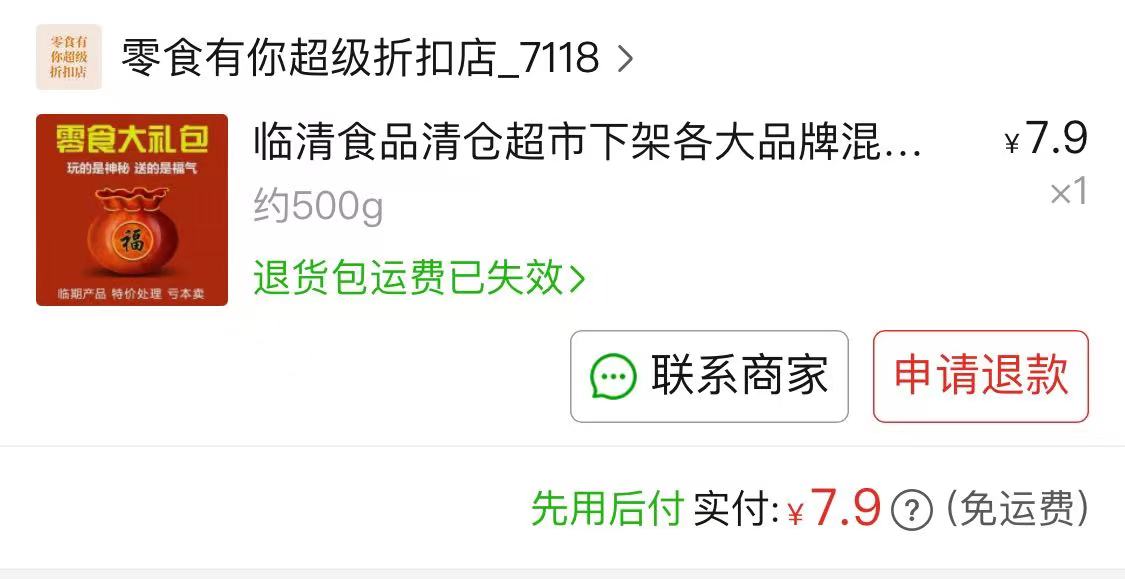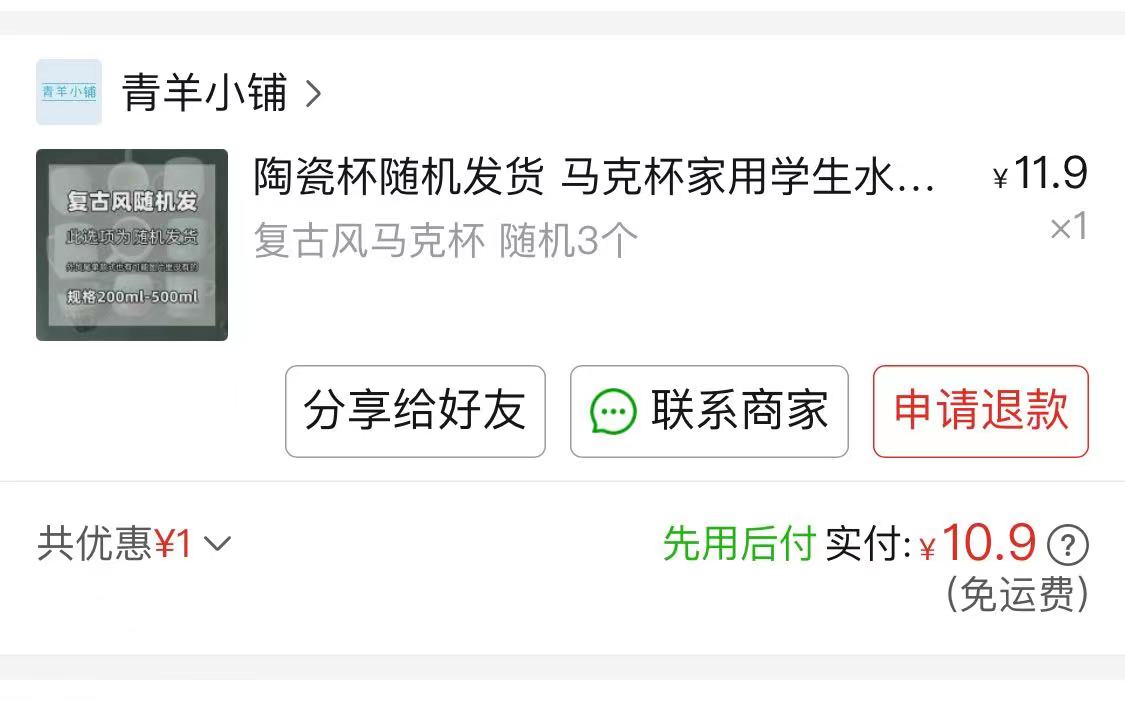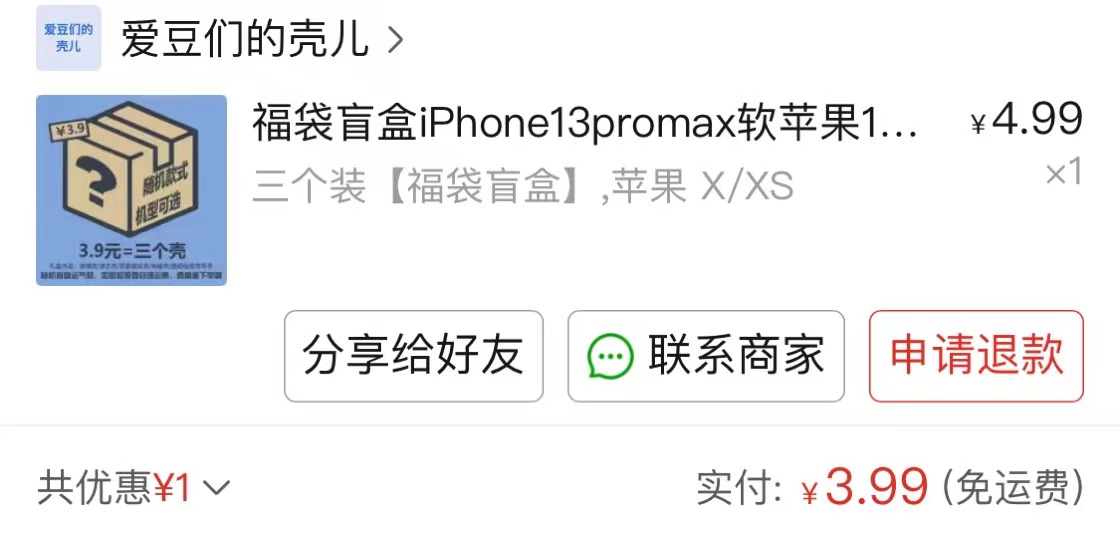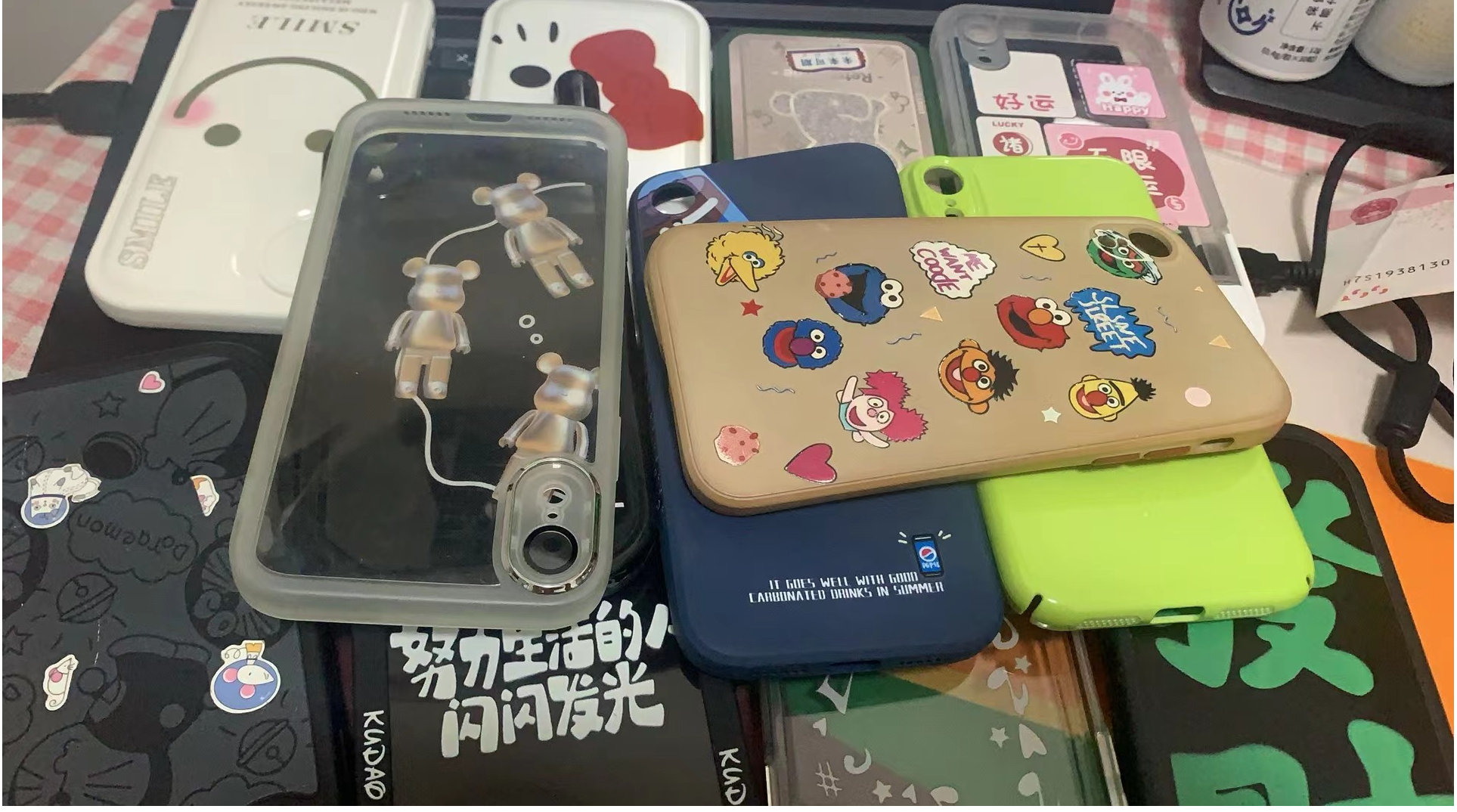Recently, I went to the riverside for a barbecue with my mom's colleague and his family. The boss also invited a friend's family and talked about the current economic environment, saying that it's very difficult for physical stores to operate due to the impact of the internet. Even the traditional real estate industry has been greatly affected. They mentioned that some former colleagues have also joined the ranks of self-media, and basically, there are not many walk-in customers left; most are contacted through the internet. "Cloud viewing" is an emerging way to look at properties, and many people contact landlords directly, reducing the commission fees paid to intermediaries.
Speaking of the internet, we have to mention e-commerce. Not long ago, I wrote an article discussing how chaotic e-commerce logistics can be, with instances of packages being thrown around and logistics not being updated. In this article, I want to talk about some consumer traps in e-commerce and how it precisely manipulates users into thinking they are getting a bargain, while in reality, the merchants are making a profit. From personal experience, it feels like what is said in Cantonese: being sold a piglet and still helping others count the money. Of course, this is a bit of an exaggeration; after all, disputes with merchants can be quite troublesome, so it's best to avoid them if possible.
Recently, I've been very keen on buying some blind boxes. As the name suggests, you don't know what you're going to get. If you open a blind box and find something good, you'll definitely be very happy since the price of blind boxes is quite cheap. However, if you get something you don't like, it can be quite disappointing. Blind boxes are particularly popular on the internet, including snack blind boxes, phone case blind boxes, shoe blind boxes, beauty product blind boxes, and even tea cup blind boxes—there's everything you can think of, and if you can't think of it, it probably doesn't exist. I've bought quite a few recently and found that sometimes it's quite addictive.

The first blind box I bought was a snack blind box, which claimed to contain brand-name snacks that were taken off supermarket shelves but were just nearing their expiration date. There were many options, and I bought a 500-gram (about a pound) box. When I looked at the comments in the delivery section, I saw many spicy strips and some self-heating hot pot from Haidilao, which made me think there would be a lot of good stuff. I thought, even if it's all spicy strips, that's fine. Not long after, the delivery arrived, and as soon as I opened the package, I realized I had been fooled because there was a drink inside that took up 300 milliliters (300 grams), leaving the rest as some spicy strips and seaweed I had never heard of, along with a few small cakes. I have to say the merchant was quite clever, using the drink to bulk up the weight.

Although the snack blind box cost me eight yuan, I could have bought quite a few snacks for that price now. The second blind box I bought was a ceramic cup. The title said it was a retro mug, and I spent ten yuan for three. To be honest, it's not very expensive—about three and a half yuan per cup. If they look nice, I can still justify the purchase. The order was processed quickly, and it was shipped out shortly after I placed it. Since it was a ceramic cup, it was packed in a foam box. When I opened it, I found a blue cup that wasn't particularly attractive, with the words "happy every day" written on it. The first one was a large cup with a red divider. One day, my friend said it had a nice artistic feel, so I gave it to him. I kept the other one for myself because I liked it since it was pink.

Compared to snacks, the cup is much more practical. After all, it doesn't have to look good; it just needs to hold liquid. The third blind box I bought was, of course, a phone case. Phone cases get dirty easily, unless you have a pure black one, which I don't like at all. So, I decided to buy a phone case blind box since it was four yuan for three, and shipping was included. However, the first few I bought weren't to my liking, so I continued to buy more. I have two iPhones, but they are not the same model, and I ended up buying over ten phone cases, some of which were decent. Phone cases are like clothes for phones; they provide protection.

The fourth blind box I opened made me want to slap myself. One day, while browsing Pinduoduo, I saw a blind box for Putian shoes with selectable sizes, selling for only nine yuan and ninety-nine cents. Even a fool knows these are fake, but when I opened the delivery comments, they were all Nike and Adidas shoes. I thought, could I actually get a good pair? After all, it was only ten yuan, so I placed the order. However, this product was a pre-sale item, meaning it wouldn't be shipped out quickly and needed to reach a certain sales volume before shipping.
After a while, I hadn't checked Pinduoduo much, but one day I opened it and saw that my order was on the way, and I was a bit hopeful. When it arrived, I noticed something was off because the box was clearly not the size of regular sports shoes; it looked more like a pair of flip-flops. When I opened it, sure enough, it was a pair of slippers. I immediately went to Pinduoduo to ask the merchant what was going on, but the product had been taken down, and all items were gone. At that moment, I realized that those comments were all fake. Although ten yuan isn't much, if enough people buy it, they can still make a profit. I quickly asked the merchant what was going on, but they said the blind box was random.
I had nothing to say, just hoping to learn a lesson and hoping everyone else won't be deceived by what they see. After all, merchants are very good at understanding consumer psychology. Another example is when ordering set meals at restaurants. For instance, one night I suggested to my parents that we go out to eat, so I found a group purchase set meal at a farm on Meituan. We ordered a three-person set meal for a total of eighty-eight yuan, which is less than thirty per person. The main dishes included a white-cut chicken, stir-fried bok choy, and a choice of one from three options; I chose bitter melon with eggs.
When the dishes were served, I tried the chicken. For someone from Guangzhou, I am very picky about chicken. My parents both said this chicken wasn't freshly killed or cooked immediately; it seemed like it had been boiled earlier in the day, so the meat was tough and hard to eat. Next was the bitter melon with eggs, which was just average but had very little portion, and the bok choy was also ordinary with no special features. My dad said, "When has there ever been a free lunch?" If the merchant isn't making money, what are they eating? Don't expect to get good things at such a cheap price. The same principle applies to ordinary work meals.
Previously, I went to eat Thai food with a friend. The regular price was thirty yuan, and it had a decent seafood soup base. Later, I told my friend that there was a set meal on Meituan for only nineteen yuan, so we went to eat it. However, the shrimp and squid served were both less than the regular price and not as big. My friend said this approach doesn't work. If I were a consumer, I would rather pay the regular price. Everyone understands the principle of "you get what you pay for," after all, no one wants to run a losing business. Also, don't always think about getting a bargain; you might end up being the one getting taken advantage of.
